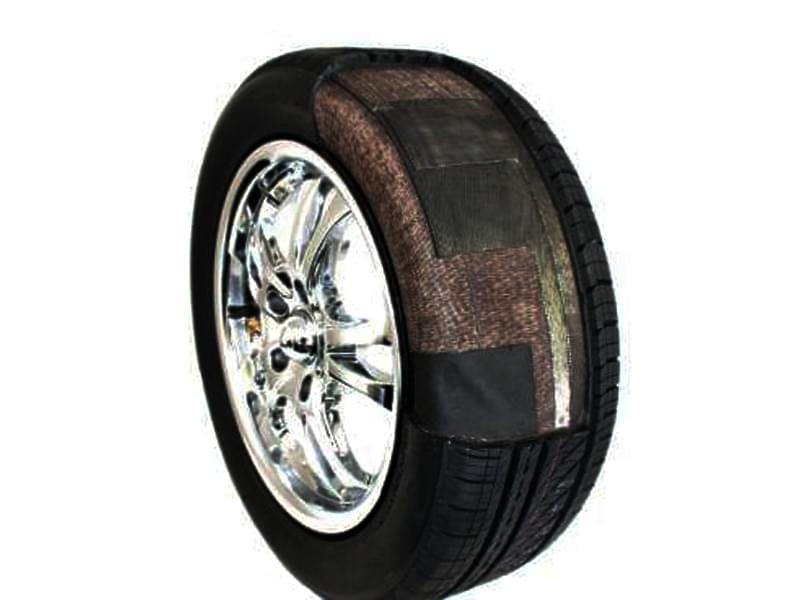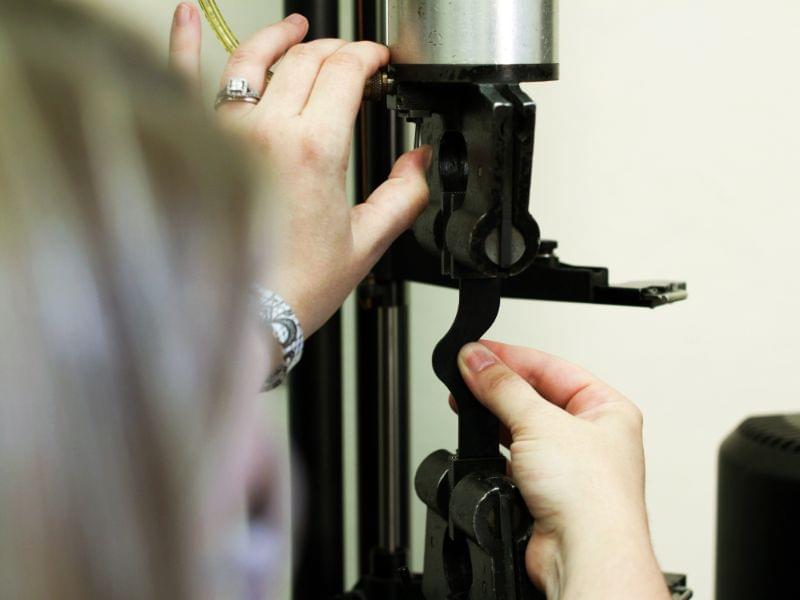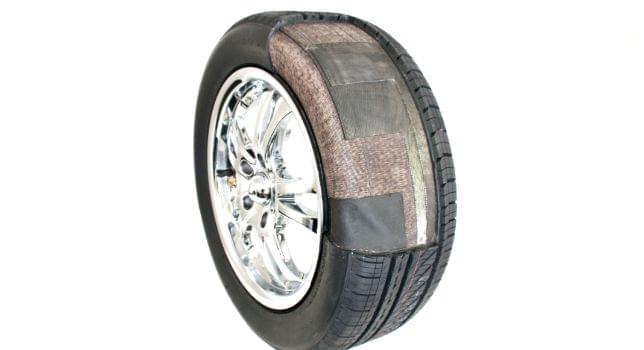Learn about the importance of sample preparation, considerations for specific materials, and our laboratory capabilities in this short Q&A from Jeff Marek, Test Engineer and Lab Supervisor at Smithers’
physical testing lab in Akron, Ohio.
Why is sample preparation critical to a testing program?
Proper sample preparation helps improve accuracy, precision, repeatability quality, and efficiency of testing. The overall goal of sample preparation is to produce quality test pieces from products while not compromising the integrity of the material. Most standardized testing procedures require samples to be prepared in a specific way to match up with the testing technique being used, ASTM D3183 for example. These requirements have been developed to match up with laboratory produced material in compression molds, ASTM D3182 for example.
What are your team’s sample prep capabilities?
We use optimal sampling equipment and tools to prepare test specimens that test a wide range of geometries. From
tensile to tear, and
adhesion tests, we can typically excise test specimens from almost any product, depending on its size and shape. Our internal experts have years of experience working with
rubber and
polymer products of all kinds, which allows them to understand the best techniques to use for excising samples from difficult products. For example, reinforced rubber products require additional care and planning to ensure that we excise the specific portions of the product required without causing additional damage that would negatively affect the test results.
What are common materials you prepare? Are there any considerations for specific materials?
Common materials evaluated at our materials testing laboratories include
tires,
hoses,
conveyor belts, and other polymer products. We can also mold and form test specimens from uncured materials. Depending on the type of test, or if the material is too small or complex, we can order specific raw materials that we can
mix and mold in-house. We can also develop custom test geometries. The equipment and tools we use enable us to carefully prepare specimens without impacting test results.
What specialty sample preparation does the team do?
We work with clients from
automotive,
medical, industrial, custom molders, and a wide variety of other industry segments. With our ability to provide custom,
small batch mixing in-house, we can also support research studies on new compounds and how they perform against known control compounds. Also, we regularly produce product step downs, and cutaways revealing product construction components for legal, marketing, or desktop displays. Our intricate work includes many multi-component rubber products like tires, hoses, belts, and others.
How can we help?
Our
polymer material properties testing team can create individual test programs and custom test methods to fully investigate your materials. Whether you are looking to understand how environmental conditions impact your products, such as temperature, pressure, and contaminants, or simply want to test general material properties, we can identify those factors and help ensure confidence in your materials.
To learn more about
polymer material properties testing, contact Jeff Marek, at jmarek@smithers.com.



